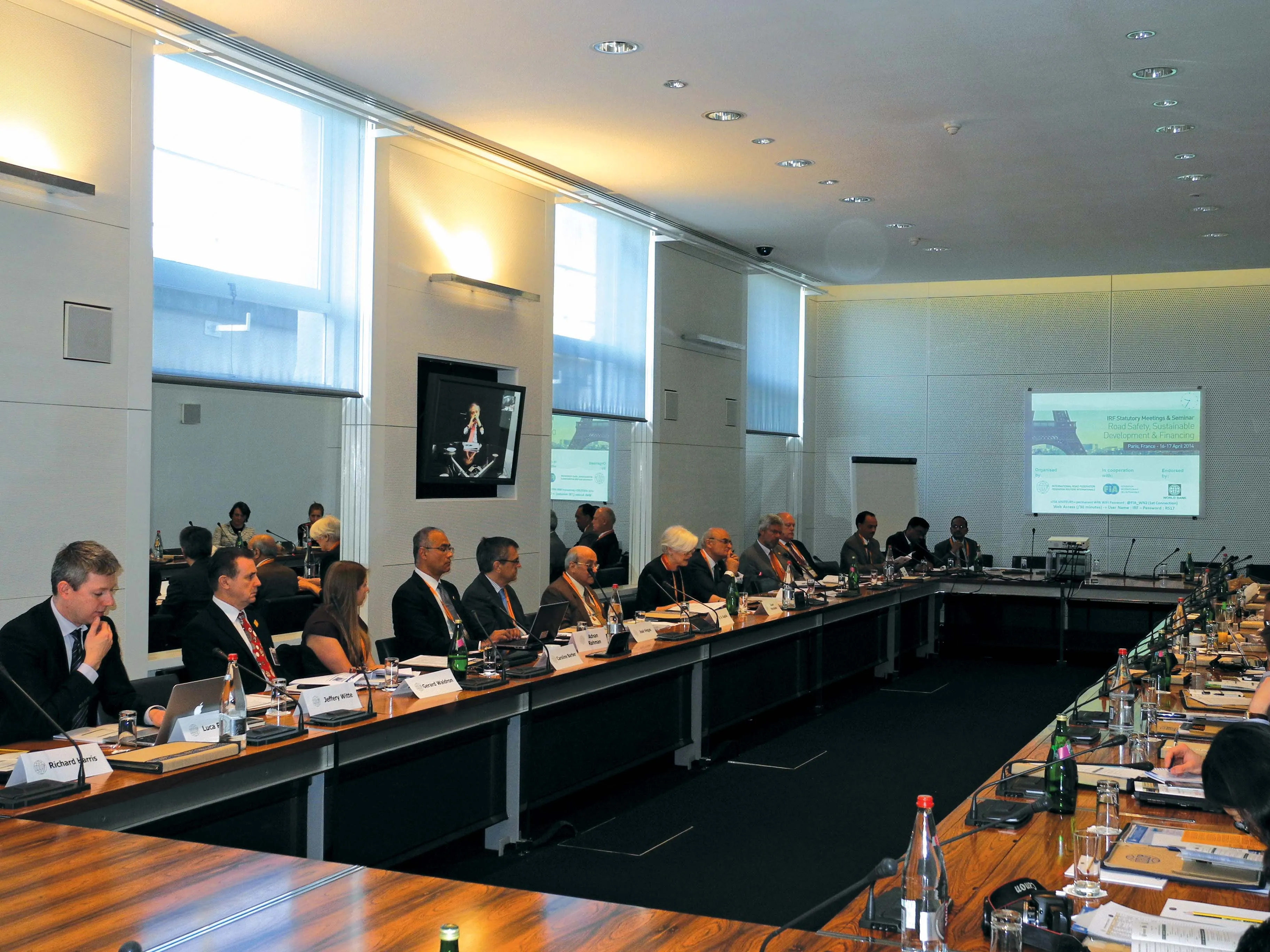The IRF is carrying out an online safety seminar on 27th September. This will be held at 11am US Eastern time. The seminar will highlight key issues such as maintenance tasks being carried out on high speed, high traffic volume roads at night. While these night time work zones do cause less traffic congestion due to the reduced traffic volumes, they can be very dangerous for both motorists and workers if they are not properly designed. Many traffic accidents happen at night due to drivers who are drinking o
September 23, 2013
Read time: 2 mins
The IRF is carrying out an online safety seminar on 27th September. This will be held at 11am US Eastern time. The seminar will highlight key issues such as maintenance tasks being carried out on high speed, high traffic volume roads at night. While these night time work zones do cause less traffic congestion due to the reduced traffic volumes, they can be very dangerous for both motorists and workers if they are not properly designed. Many traffic accidents happen at night due to drivers who are drinking or are overly tired. It can be difficult for drivers to navigate through a work zone because they cannot see the changes in the traffic pattern. Work zones by nature can be hazardous for workers. Trying to do this work at night without proper illumination adds to the dangers for workers. In addition, these workers are constantly in fear of errant motorists who may make mistakes near their work area thereby threatening their well-being, if not also their lives.
Jameson Guthrie, the international manager for Wanco and Mike Dreznes, executive vice president of the713 International Road Federation will use this IRF event to introduce state of the art technologies and best practices being use around the world to make these night time construction zones safer for both motorists as well as workers.
Concepts to be discussed will include portable lighting technologies, reflective clothing for workers, arrow boards and variable message signs that are used to give motorists proper advanced knowledge of the upcoming work zones as well as portable barriers, crash cushions and truck mounted attenuators that should be used to reduce the negative consequences of mistakes caused by errant motorists in a work zone. This webinar will provide important information for and public or private agencies responsible for design or maintenance of crash cushions. This includes DOTs, consultants, academia, contractors and asset management organisations. Contractors are strongly encouraged to participate in this 90 minute webinar.
Jameson Guthrie, the international manager for Wanco and Mike Dreznes, executive vice president of the
Concepts to be discussed will include portable lighting technologies, reflective clothing for workers, arrow boards and variable message signs that are used to give motorists proper advanced knowledge of the upcoming work zones as well as portable barriers, crash cushions and truck mounted attenuators that should be used to reduce the negative consequences of mistakes caused by errant motorists in a work zone. This webinar will provide important information for and public or private agencies responsible for design or maintenance of crash cushions. This includes DOTs, consultants, academia, contractors and asset management organisations. Contractors are strongly encouraged to participate in this 90 minute webinar.







